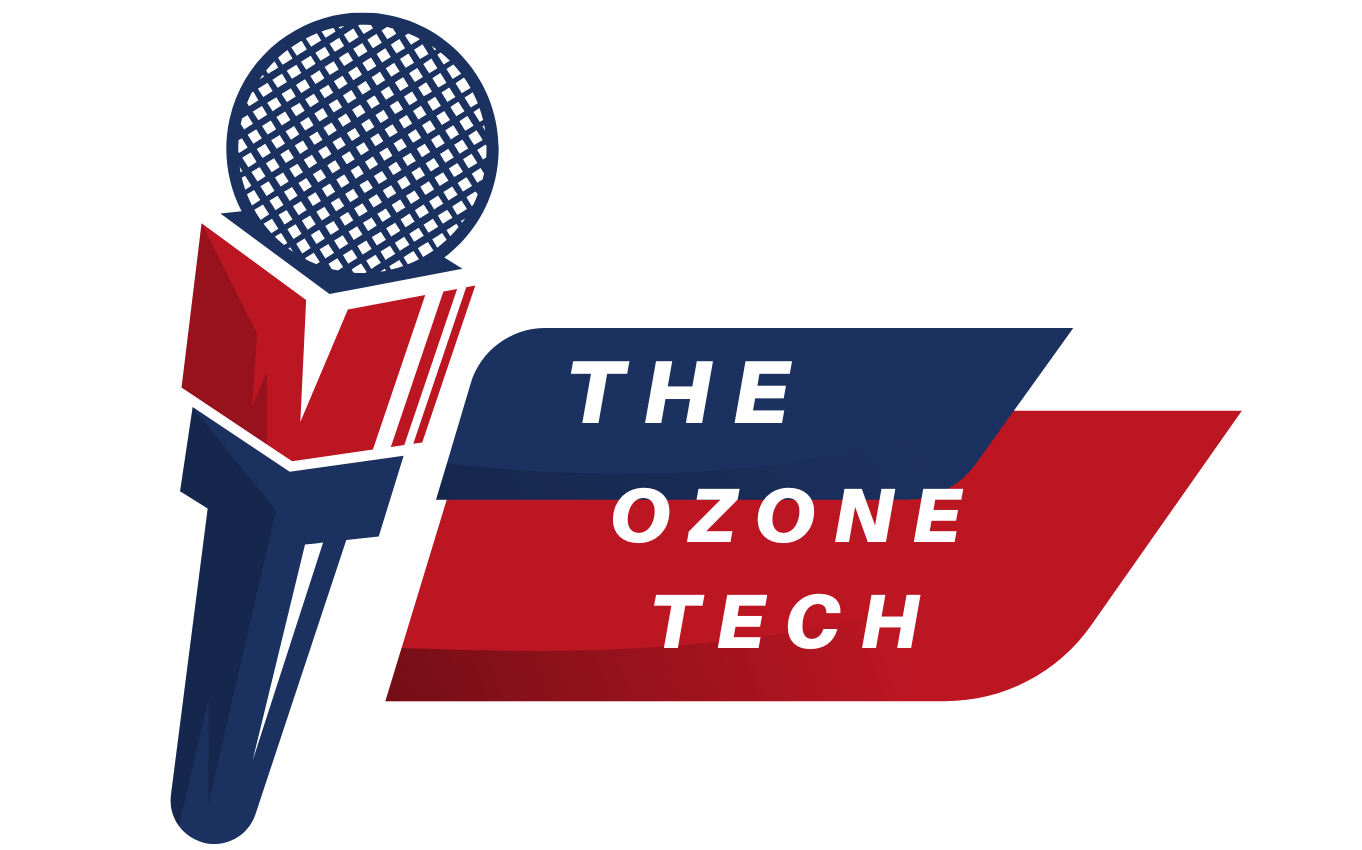As elections loom in various parts of the world, Google and Meta have announced measures to block political advertisements temporarily in an effort to combat the spread of misinformation. While the move has been praised as a step toward ensuring fair electoral processes, some experts argue that these efforts come too late to fully address the pervasive issue of false narratives online.
Details of the Ad Bans
- Google’s Policy:
- Google announced a temporary suspension of political ads across its platforms, including YouTube, during critical election periods.
- The policy aims to prevent candidates and political groups from using targeted ads to spread misleading or divisive content.
- Meta’s Approach:
- Meta plans to block new political ads in the week leading up to major elections.
- Existing ads will still run but cannot be modified, limiting the spread of last-minute misinformation campaigns.
Reasons for the Measures
- Rising Misinformation:
- Both companies have faced criticism for their platforms being used to spread false or manipulative information that could influence voter behavior.
- Global Pressure:
- Governments and advocacy groups worldwide have called on tech giants to take stronger action against electoral interference.
- The European Union, in particular, has introduced regulations like the Digital Services Act (DSA) to hold platforms accountable.
Expert Criticism: “Too Little, Too Late”
- Misinformation Already Spread:
- Critics argue that misinformation campaigns often begin months before elections, making these late-stage ad bans ineffective.
- False narratives and conspiracy theories gain traction long before they are addressed.
- Insufficient Scope:
- The bans apply only to paid advertisements, while organic content—often more influential—remains largely unchecked.
- Bots and coordinated inauthentic behavior can still amplify misinformation without relying on ads.
- Lack of Global Uniformity:
- Policies vary by region, creating loopholes in countries with less stringent enforcement or oversight.
The Bigger Problem: Algorithmic Amplification
Experts highlight that misinformation often spreads through the platforms’ own algorithms, which prioritize engagement over accuracy. Even with ad bans, these algorithms can continue to push divisive or misleading content to users organically.
Potential Impact on Elections
- Short-Term Benefits:
- The ad bans could reduce the reach of certain manipulative campaigns during critical periods, potentially mitigating some last-minute disinformation.
- Long-Term Solutions Needed:
- Experts advocate for more comprehensive measures, such as increased transparency in ad targeting, better detection of inauthentic behavior, and stricter algorithmic controls.
Conclusion
While Google and Meta’s ad bans are a step in the right direction, they fall short of addressing the full scale of the misinformation crisis. As tech companies grapple with their role in democratic processes, the focus must shift to proactive and systemic changes that prioritize truth and transparency over engagement and profits.







